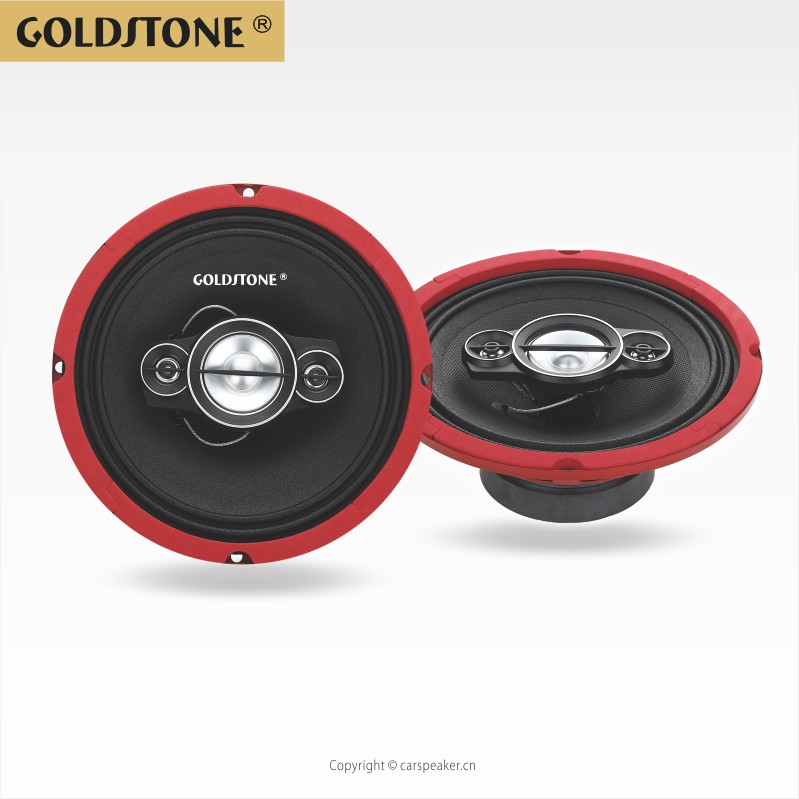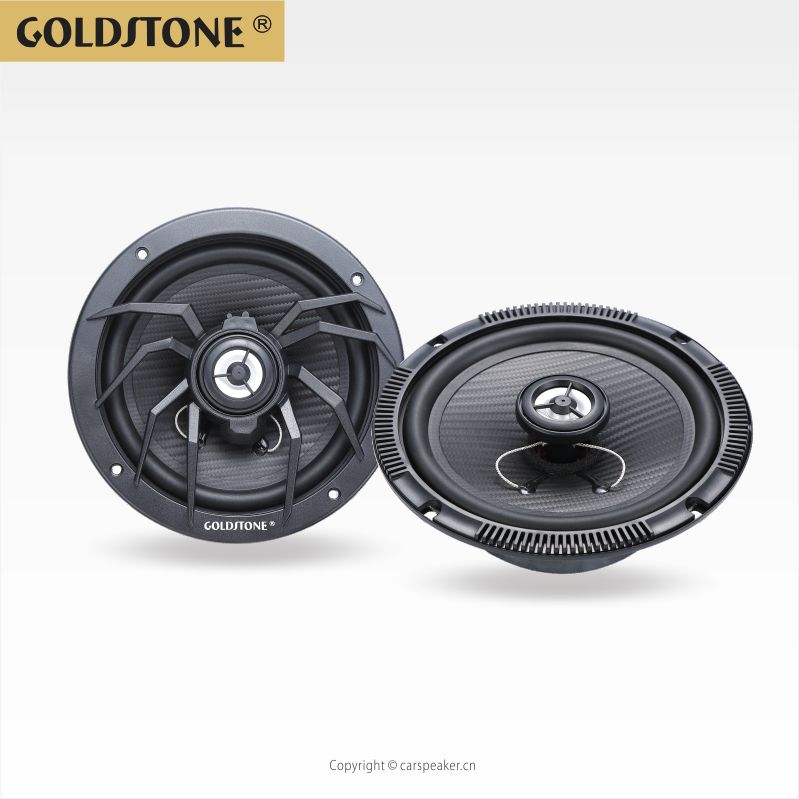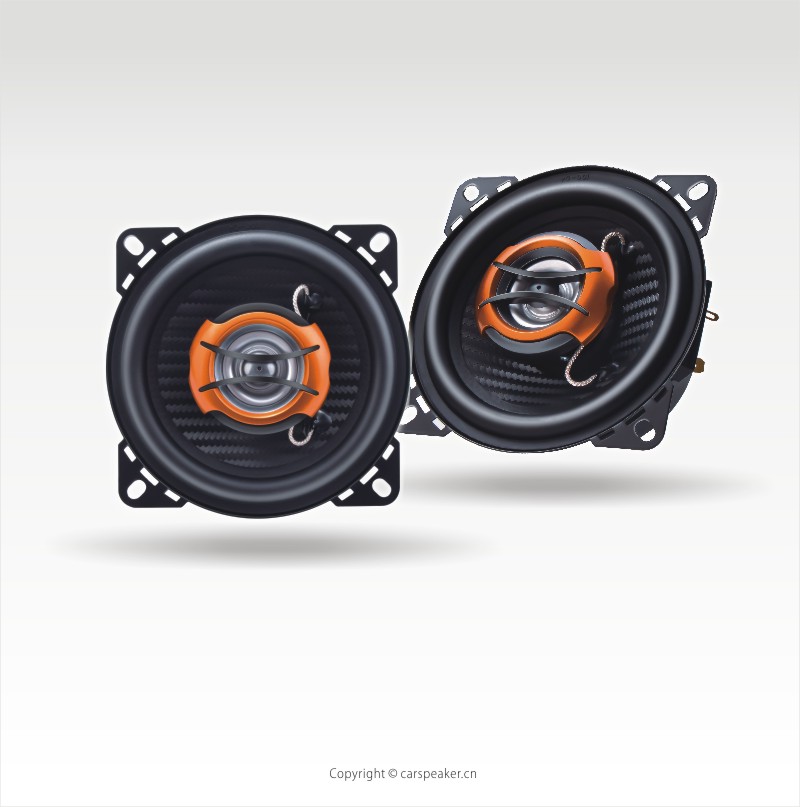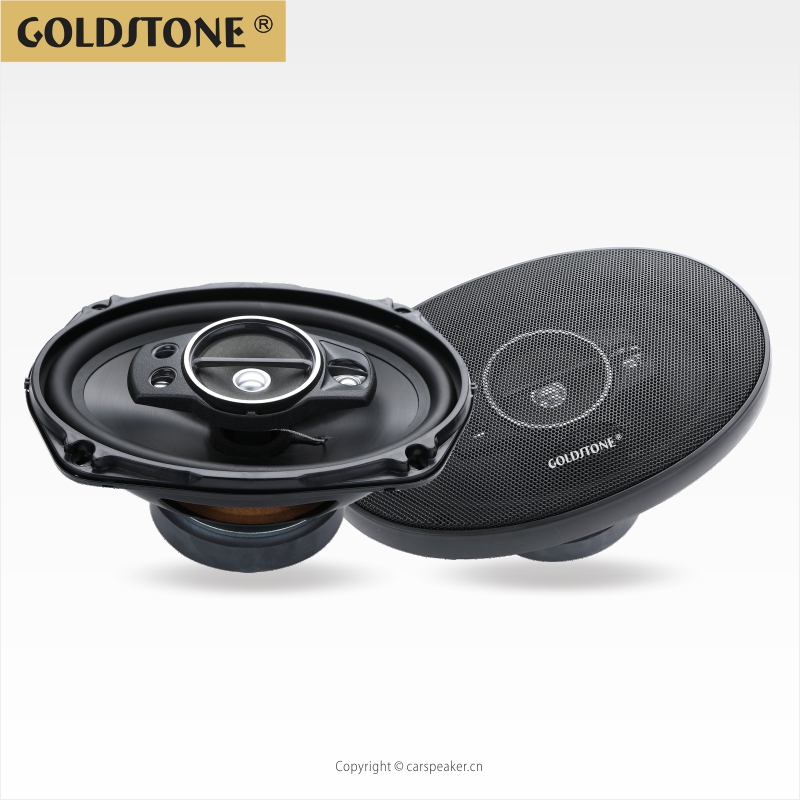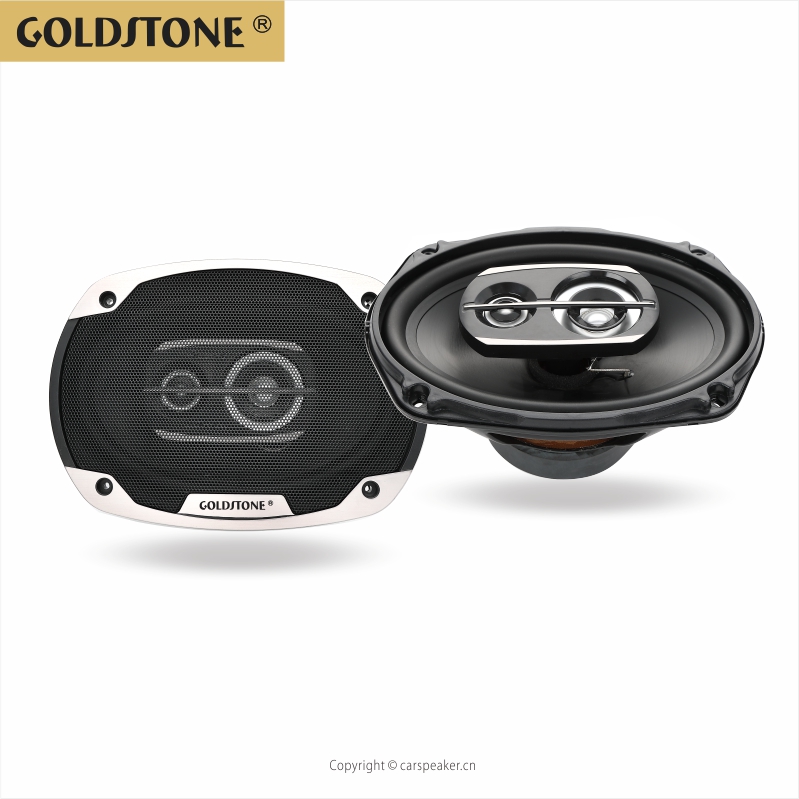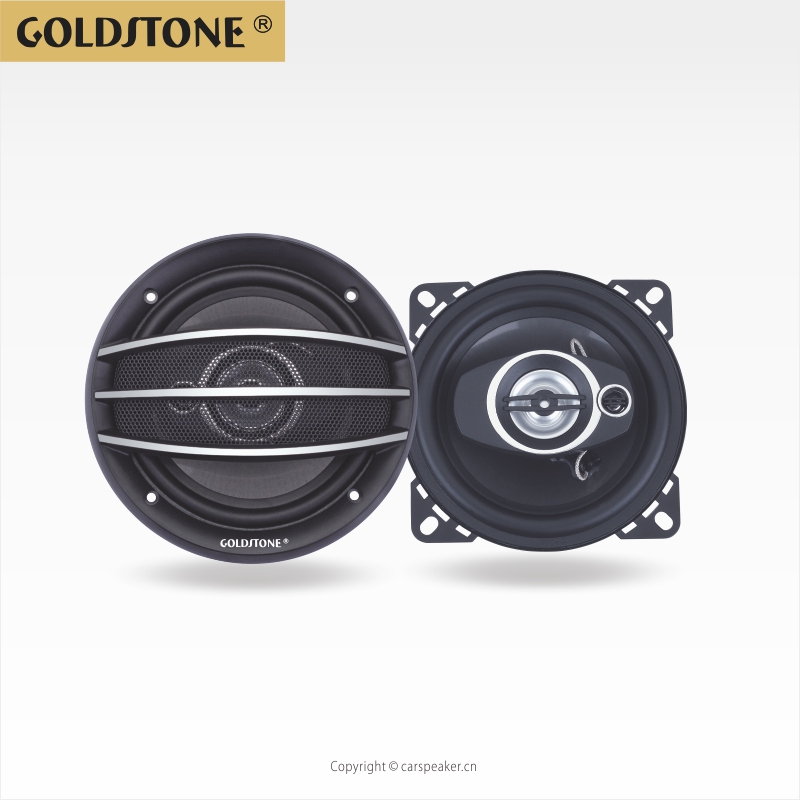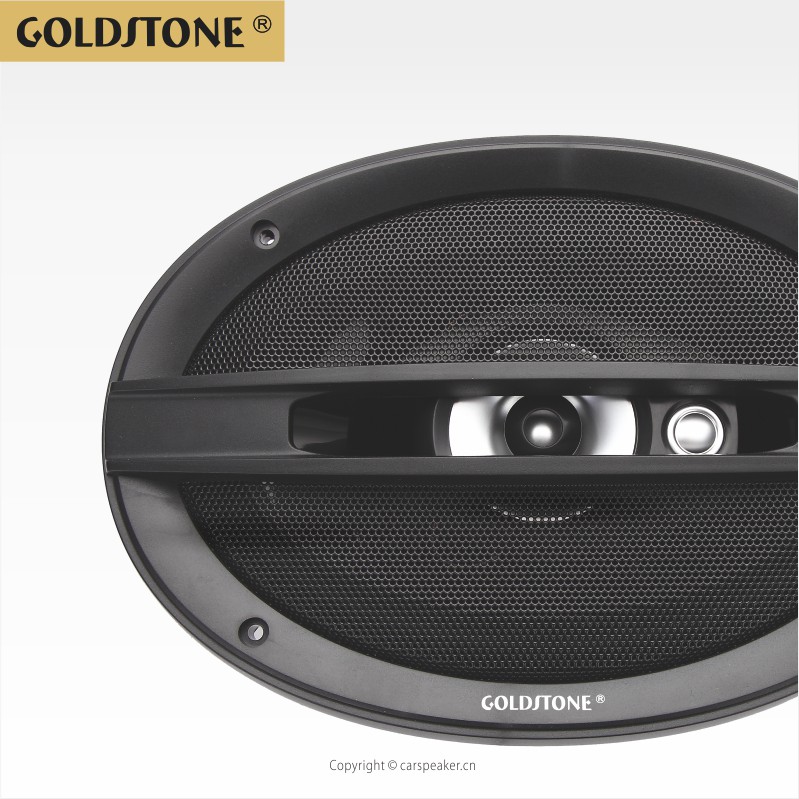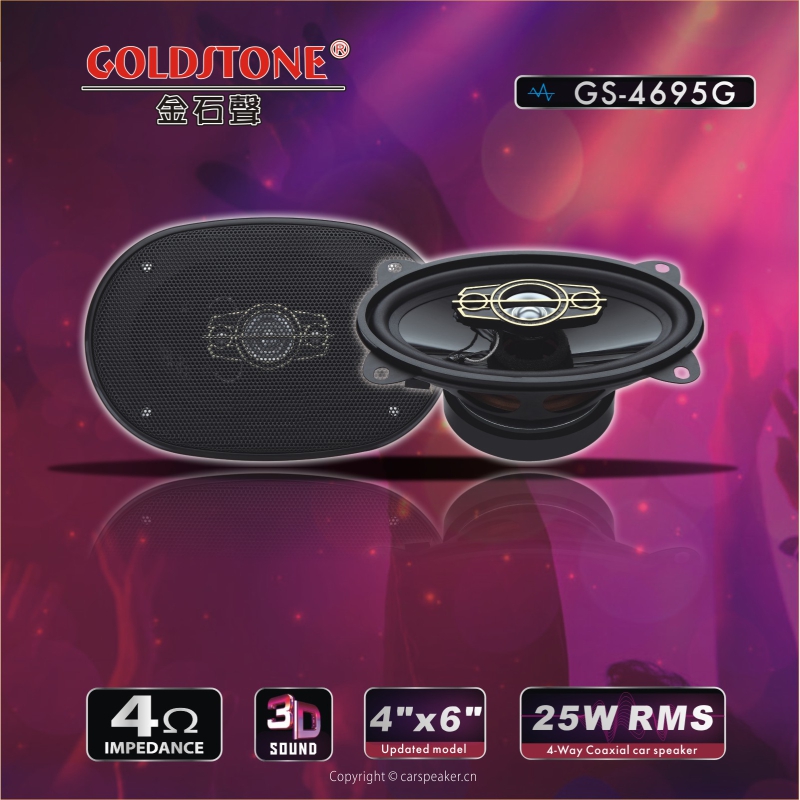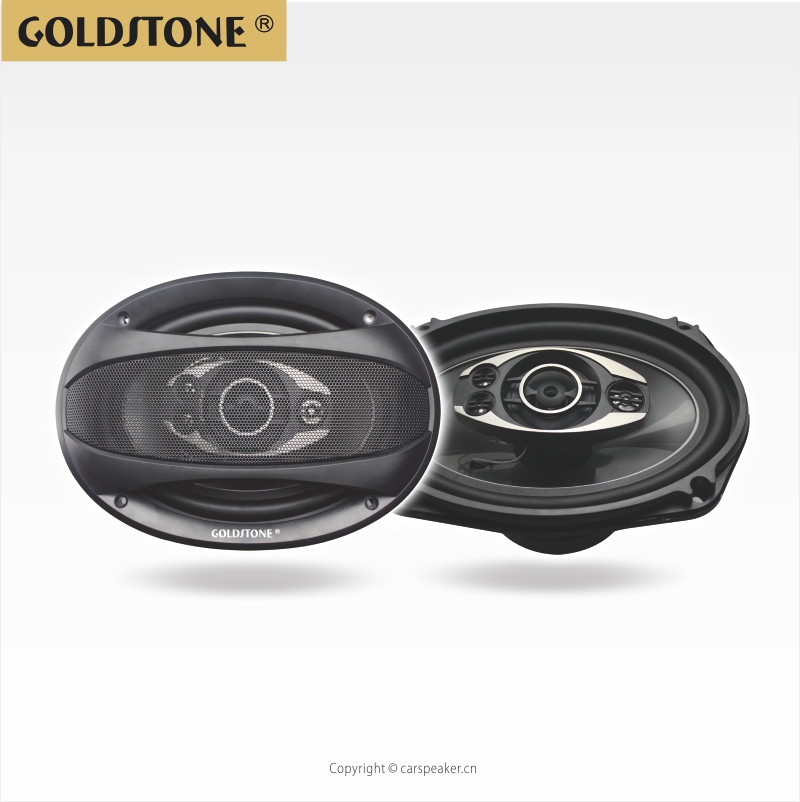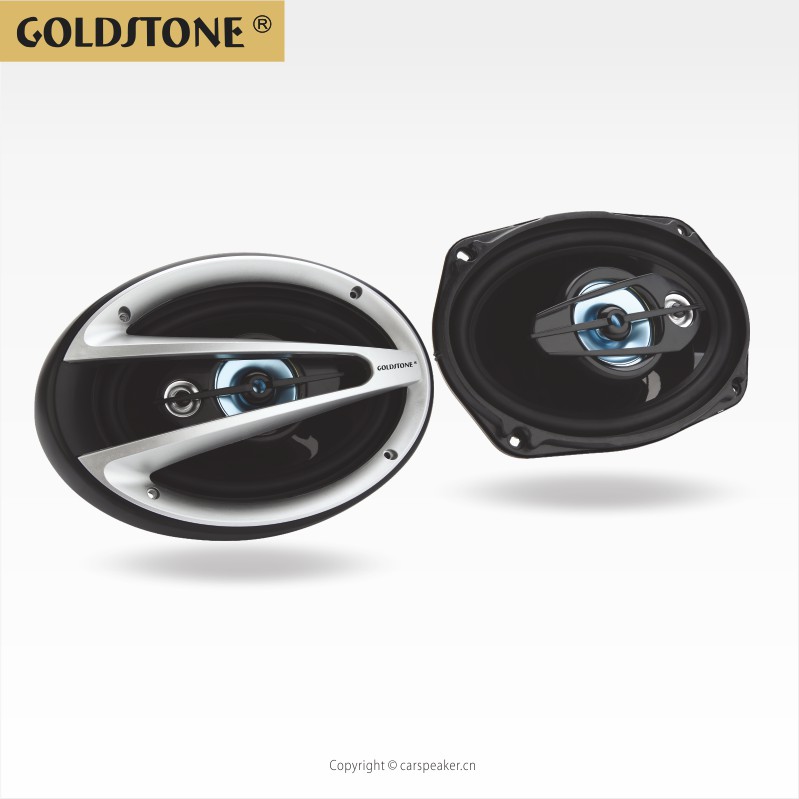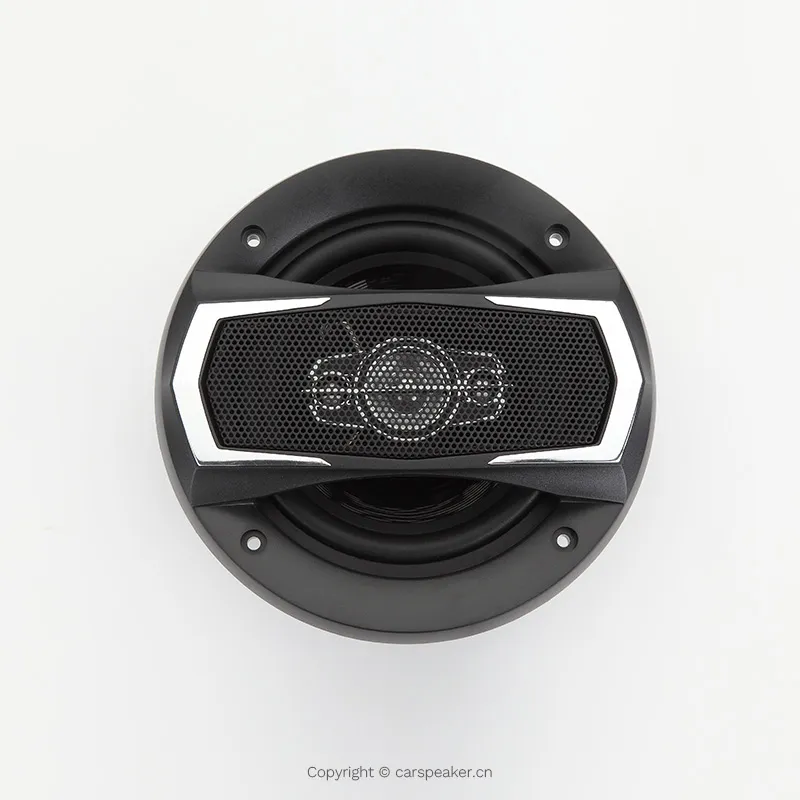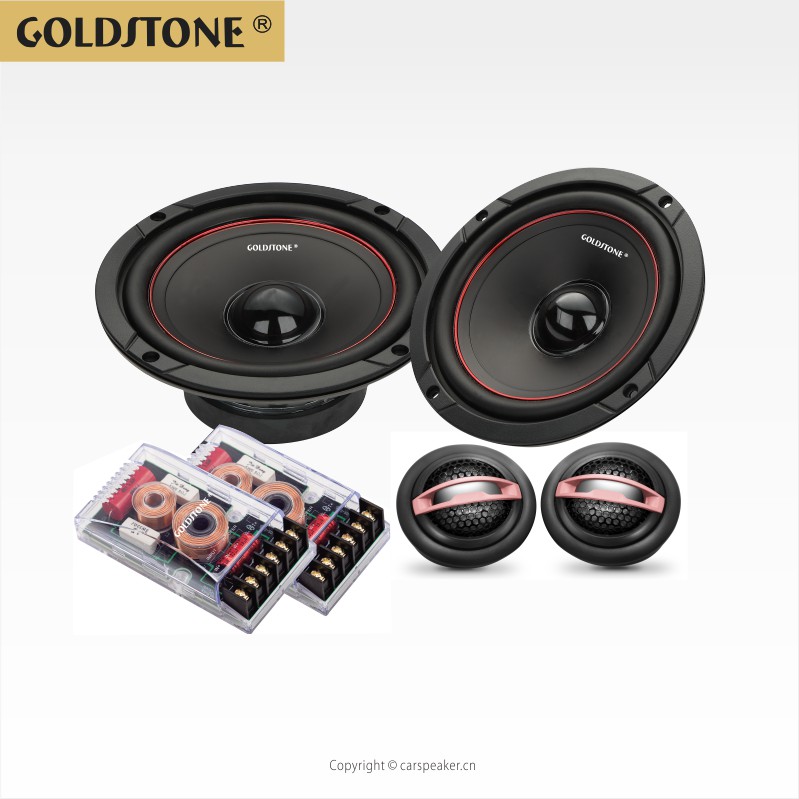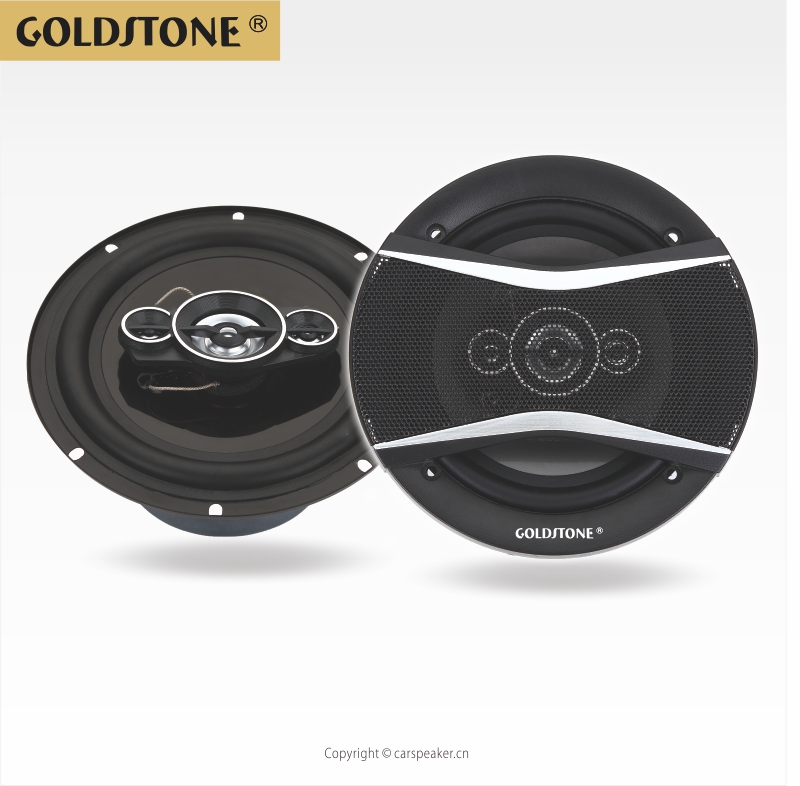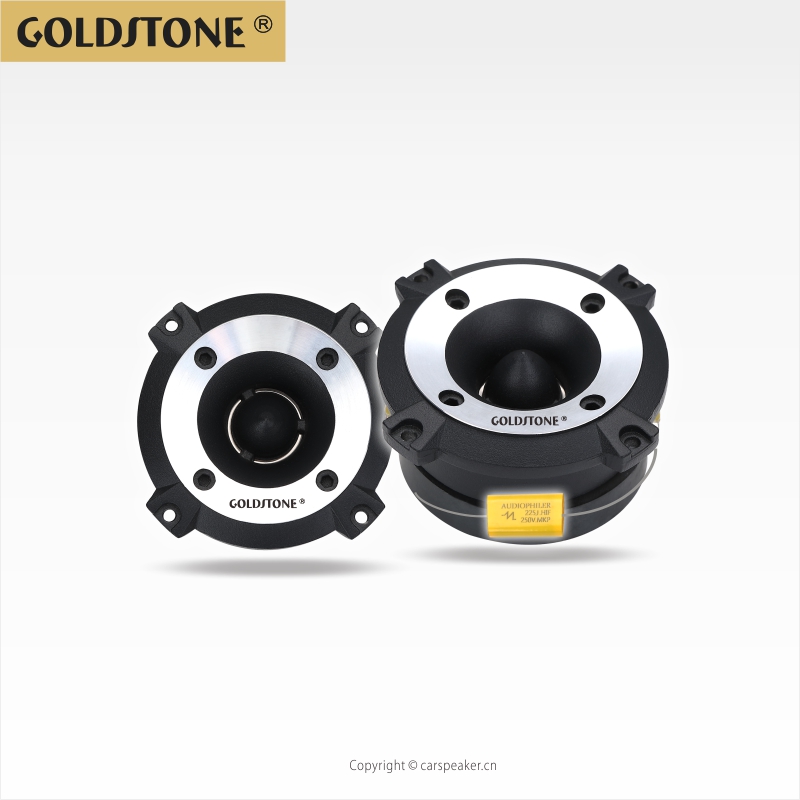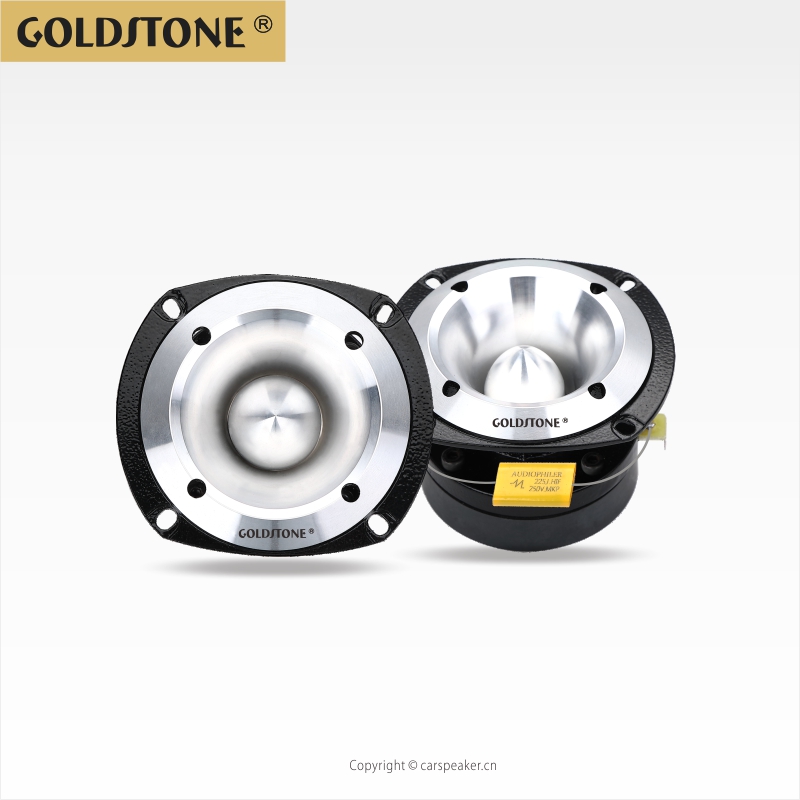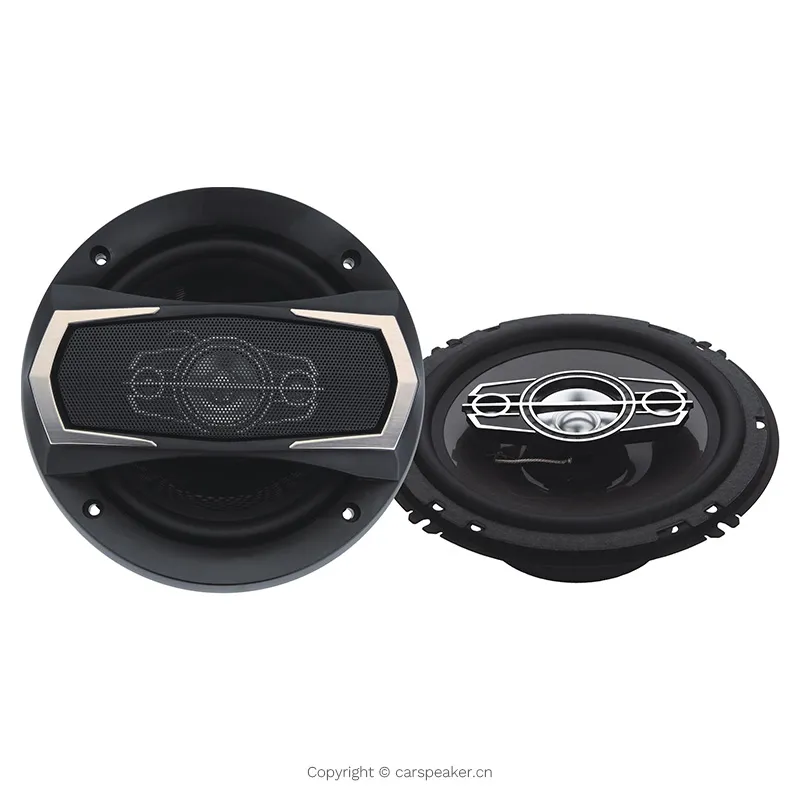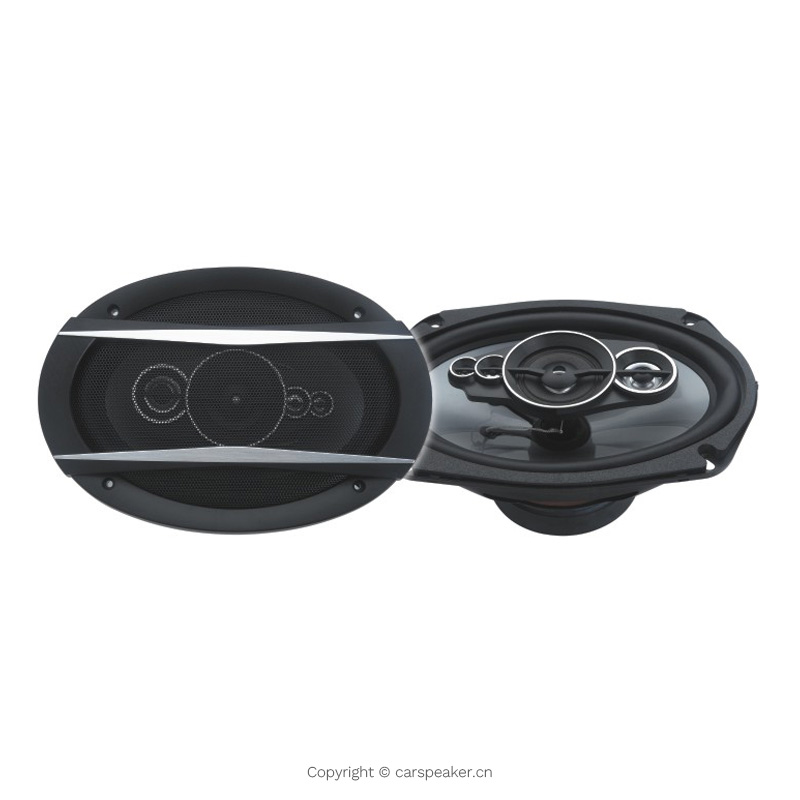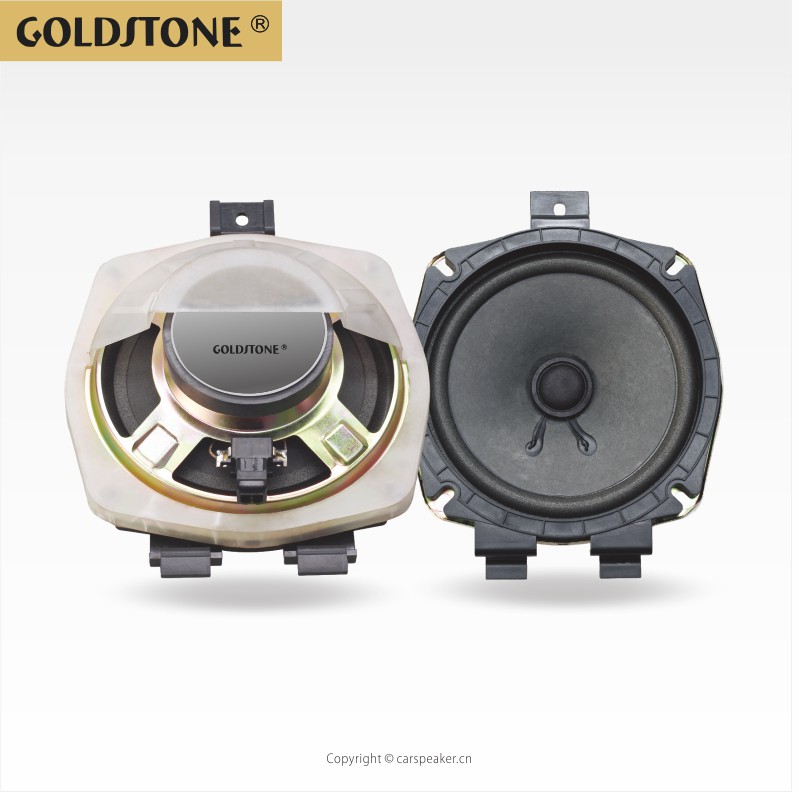Bulk Car Speaker Supplier | Wholesale Discounts, Custom Branding & Fast Shipping
Explore a diverse range of wholesale car coaxial speakers direct from the factory. Customize your order for unique styles at exceptional prices. Discover premium quality and unbeatable value today!
Top categories
منذ 1999
سماعات سيارتك
الصانع
جولدستون هي شركة متخصصة في تصنيع منتجات نظام الصوت في السيارة، تجمع بين التصميم والإنتاج والمبيعات.
بفضل خبرتنا الواسعة في هذا المجال التي تزيد عن 24 عامًا، تمكنا بنجاح من تطوير سلسلة من خطوط المنتجات التي تشمل مكبر الصوت للسيارة، سماعة الصوت المنخفض، التويتر ومكبر الصوت بمجموعة المكونات.
قامت جولدستون بتوزيع منتجاتنا في أكثر من 40 دولة في الخارج وحازت على سمعة طيبة من عملائنا.
Annual production capacity of 200,000 sets of speaker products. Cooperate with many well-known material suppliers to ensure fast delivery.k
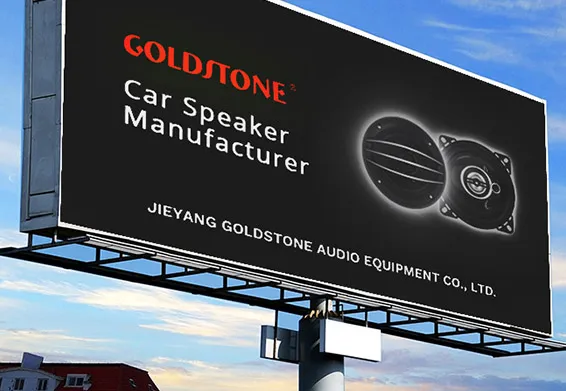
An Overview of Wholesale Car Speakers
Types of Wholesale Car Speakers
Wholesale car speakers come in a wide range of types to cater to diverse needs and preferences. Here are some of the most common varieties:
- المغردون
These high-frequency drivers are responsible for producing the treble sounds in music, typically ranging from 3,000 to 20,000 hertz. Some models come with protective housings to shield the speaker from damage.
- Woofers
Woofers handle the lower frequencies of sounds such as drums and bass guitars. They produce lower tones, generally from 20 to 2,000 hertz.
- Full-Range Speakers
Designed to reproduce high, mid-range, and even some low-frequency sounds, full-range speakers are available in various sizes and are ideal for those looking to replace their vehicle’s factory-installed speakers.
- Subwoofers
These speakers deliver deep, powerful bass sounds. They are specifically designed for lower frequencies, typically between 20 and 200 hertz, and require additional power from an amplifier or receiver to function effectively.
- Coaxial Speakers
Coaxial speakers are full-range units with tweeters mounted directly above the woofers in a single enclosure. This design allows them to produce balanced sound without the need for extra speakers or space in the vehicle.
- Component Speakers
These full-range speakers feature separate woofers and tweeters. This configuration allows for superior sound quality, but requires additional wiring and installation space.
Specifications and Maintenance of Wholesale Car Speakers
When purchasing speakers for resale, it’s essential to understand the specifications of each model to ensure they align with the diverse needs of customers. Here are some common specifications to consider:
- Speaker Type: Coaxial speakers, which combine the woofer and tweeter into one unit, are the most prevalent. Component systems, which feature separate enclosures for woofers and tweeters, are also available.
- Power Handling: This indicates how much power the speaker can tolerate without sustaining damage, with both maximum and minimum ratings. The minimum rating should be compatible with the car’s stereo system, while a higher maximum rating allows for louder playback without distortion.
- Impedance: Car speakers typically have an impedance ranging from 1 to 16 ohms, with 4-ohm speakers being the most common. It’s worth noting that 2-ohm speakers deliver louder sound but may be prone to distortion.
- Sound Quality: While often subjective, sound quality is influenced by factors such as frequency response, sensitivity, and signal-to-noise ratio. Frequency response measures the range of sounds the speakers can produce, while sensitivity assesses how effectively speakers convert power into sound.
Regular maintenance of car speakers is often overlooked, leading to premature failures. Here are some tips to share with customers:
- Regular Cleaning: Dust and debris can damage speaker cones and impair sound quality. A soft brush or cloth can be used to gently clean the speaker grille and cones.
- Avoid Excessive Volume: Prolonged play at maximum volume can strain speakers, resulting in distortion or damage. It’s advisable to maintain a reasonable volume level, particularly for bass-heavy tracks.
- Check Connections: Loose or corroded connections can hinder sound quality and speaker performance. Regularly inspect wiring and connectors to ensure they are secure and clean.
- Avoid Overloading: Connecting incompatible speakers to the car’s audio system can lead to damage. Always adhere to the manufacturer’s guidelines regarding compatibility and wiring.
- Replace Surrounds: The surround connects the cone to the frame, allowing movement to produce sound. Over time, it may deteriorate, affecting performance. Replacing surrounds can restore functionality, but this should be undertaken by a professional.
How to Choose Car Speakers for Wholesale
When venturing into the wholesale car speaker market, understanding the intricacies of the trade is crucial. Here are key factors to consider before making a purchase:
- Market Research: Identify the preferences, trends, and popular brands among your target audience. Are they seeking high-quality sound or durable speakers? Determine the types of speakers currently in demand.
- Speaker Type: Car speakers vary in type, including coaxial and component speakers. Coaxial models are often favored for their affordability and ease of installation, while component speakers provide a superior listening experience but at a higher cost.
- Brand Reputation: Stock products from well-regarded brands known for their quality and reliability. Buyers are more inclined to purchase from established brands to avoid the risk of inferior products.
- Quality: Focus on high-quality speakers, which typically offer better sound and durability, ensuring good value for money.
- Size: Car speakers come in various sizes. The choice of size will depend on customer preferences and the types of vehicles they drive.
- Power Handling: Consider the power handling capabilities of the speakers. Buyers seeking quality often prefer speakers with higher power handling ratings.
- Sound Quality: This is arguably the most critical factor when purchasing speakers. Request a demonstration to assess sound quality before committing to a purchase.
- Ease of Installation: Car owners typically prefer speakers that are straightforward to install.
- Warranty and Support: Evaluate the warranty and customer support provided by the manufacturer. A solid warranty and responsive support can be invaluable in addressing any issues that arise.
How to DIY and Replace Car Speakers
Replacing a car speaker can be a manageable DIY task. Here’s a step-by-step guide:
Step 1: Gather the Necessary Tools
Ensure you have the required tools for the job, including a screwdriver set, wire cutters, wire strippers, electrical tape, and a trim removal tool. Make sure the new speakers are compatible with your vehicle.
Step 2: Prepare the Vehicle
Turn off the car and disconnect the battery to prevent any electrical short circuits or damage to the electrical system.
Step 3: Remove the Old Speaker
Utilize the screwdriver and trim removal tool to take off the speaker grille. Once the speaker is exposed, unscrew it and carefully pull it out. Take note of how the speaker is connected, including the wiring connections and their placement.
Step 4: Disconnect the Wiring
Use wire cutters to detach the wiring from the old speaker. Sometimes, speakers are connected via plugs that can be removed by hand. Exercise caution to avoid cutting or damaging surrounding wires.
Step 5: Install the New Speaker
Connect the wiring to the new speaker. If the new speaker does not have a plug, use electrical tape to secure the car’s wires to the speaker’s wires, ensuring that positive and negative terminals match. After connecting the wires, screw the new speaker into place.
Step 6: Reassemble the Vehicle
Reattach the speaker grille and any other interior trim pieces that were removed. Reconnect the battery and turn on the vehicle to verify that the new speakers are functioning properly.
Q&A
Q1: What is the difference between coaxial and component car speakers?
A1: Coaxial speakers integrate the woofer, tweeter, and crossover into a single unit, making them affordable and easy to install. Component speakers, however, separate the woofer and tweeter, allowing for superior sound quality, but they are generally more complex to install and costlier.
Q2: What is RMS in car speakers?
A2: RMS, or Root Mean Square, gauges the amount of power a speaker can handle consistently without damage. When selecting a car speaker, aim for the RMS to be as close as possible to the wattage of the amplifier.
Q3: What does sensitivity in a car speaker mean?
A3: Sensitivity measures how much sound a speaker can produce with a specific amount of power, usually expressed in decibels. A speaker with higher sensitivity generates louder sounds while requiring less power.
Q4: What factors should buyers consider when purchasing car speakers?
A4: Buyers should consider sound quality, durability, and compatibility with the car’s audio system.
